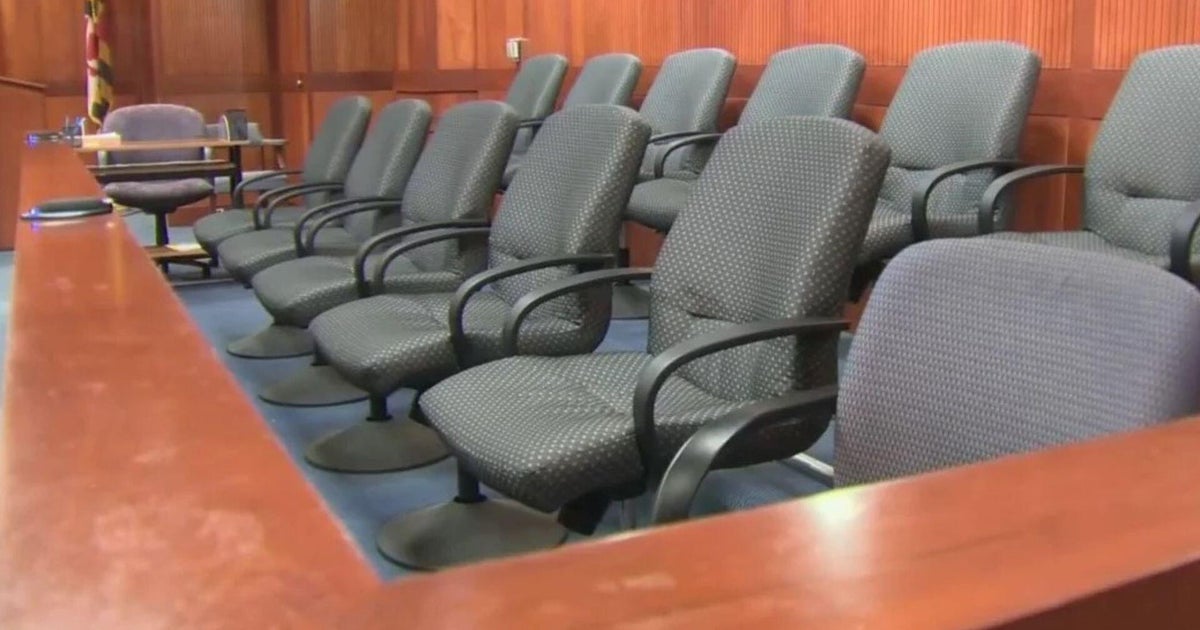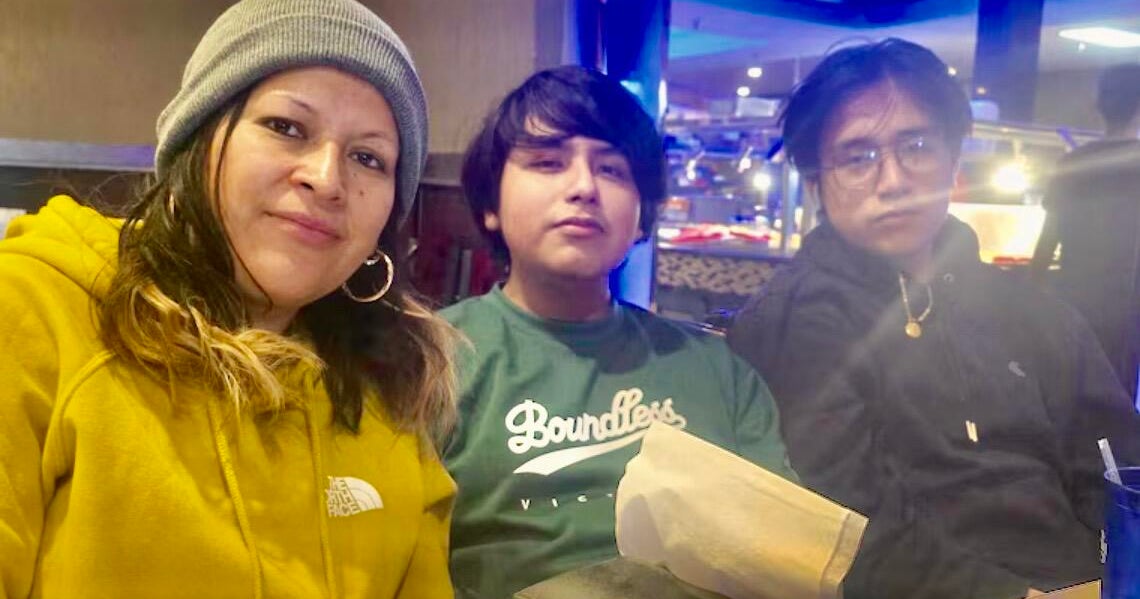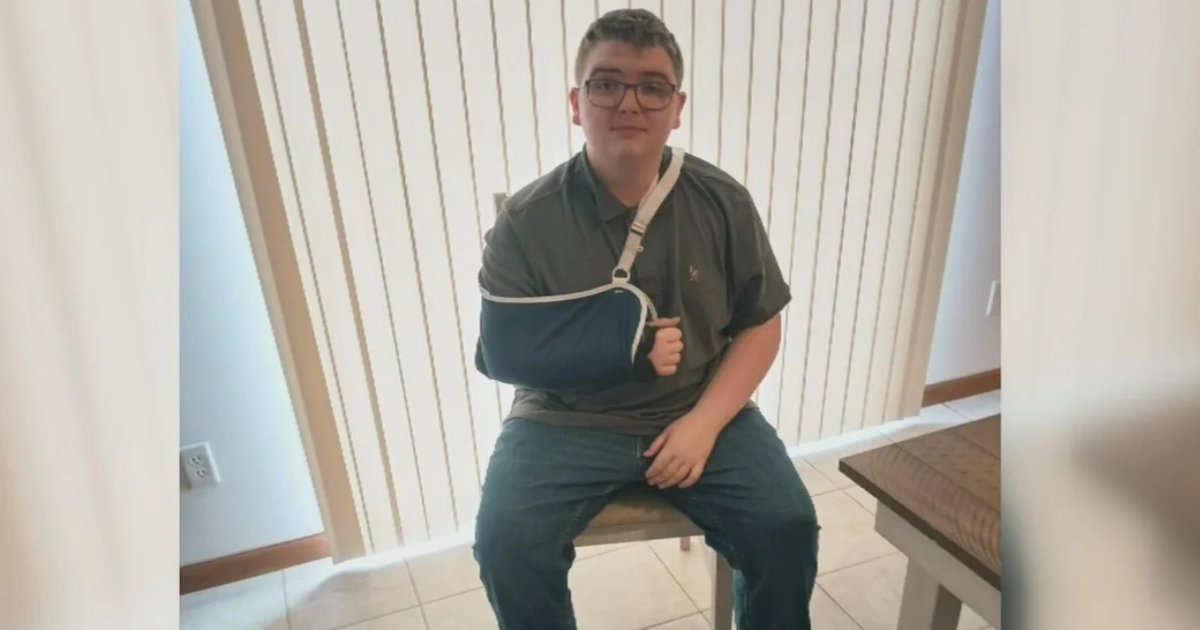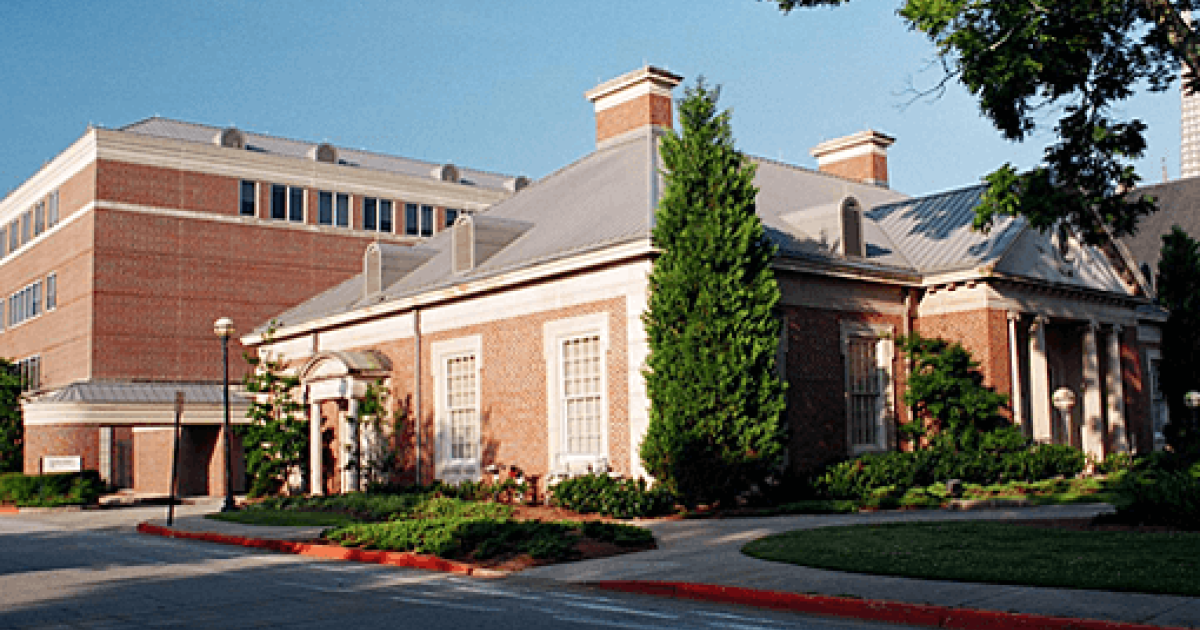Dr. Thomas Scalea Steps Into 25th Year As Shock Trauma Chief
BALTIMORE (WJZ) -- No one wants to be in a car or motorcycle crash, fall, or be injured in an act of violence. But, if you are, this is where you want to be - where you can be flown for treatment at the world-renowned University of Maryland R. Adams Cowley Shock Trauma Center.
On Jan. 4, 1997, Dr. Thomas Scalea walked into Shock Trauma and took over as chief physician.
Dr. Scalea, who's a practicing surgeon working over 100 hours a week, has also championed international relief missions in China and Haiti.
"Every time there's a need, we step up and meet it," Scalea told WJZ.
That commitment has driven 25 years of growth and innovation at Shock Trauma. A staff of 460 now treats over 7,500 critically ill patients a year.
Since he arrived, Dr. Scalea has made many changes, like the way they order diagnostic tests, and transfuse people.
"We have developed a very robust program of investigation and research," he said. "We have really championed some minimally invasive techniques so, instead of making big cuts and going in and having a big operation we do many more things with catheters and it's better for the patient."
Dr. Scalea also created the GO program; a 24/7 team of doctors sent out to the scene of a disaster. Not to mention a relationship with the Air Force, sharing information about treating and injury care.
"We have learned from the military and the military has learned from us," Dr. Scalea said.
During the pandemic, he developed ways to treat those on critical life support.
But violence, gun violence, has been his constant and worst enemy. Too many times he has had to walk to the podium when an officer, such as Keona Holley, has been shot.
"The violence has been worse and worse," he said. "It started with the day Freddie Gray died. The spike never went away. We are here trying to mitigate the effects of the violence.
Tragically, Officer Holley did not survive. But today, 97% of the patients treated at this best-known trauma center in the world do, a credit to Dr. Scalea and his team.
"We'll be here doing everything we can to make sure everybody lives and lives as well as they can."
Editor's Note: This article has been updated to reflect the correct year Scalea became chief physician.







